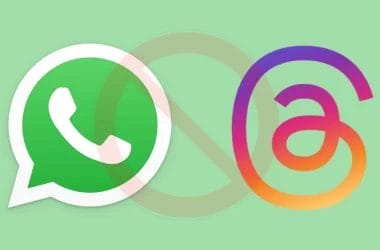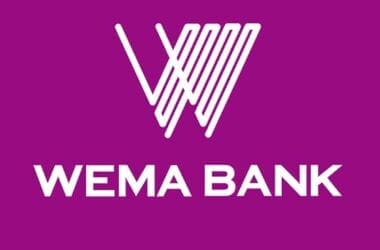Opera is making an interesting move in Kenya, one that the company is yet to officially go public with – it is trying its hands on payment solution.
The product which was tested for several months has now been integrated in the popular Opera Mini web browser and aims to bring a new level of convenience.
This is how the service works. A user would fund a wallet from various sources including mobile money; and funds in the wallet could be used for various types of payments.

The company aims to take advantage of the high penetration of mobile phones and Opera Mini’s market share to drive digital innovation.
Commenting on the development, Nuno Sitima, Executive Vice President of Payments and Fintech, Opera Software AS, said the mobile payment technology integrated into the Opera Mini browser will help Kenya continue the highest rate of mobile payment technology adoption in the world.
“More than 80 percent of the country’s population with access to a cell phone use it to pay for goods and services. However, the challenges of long distances, difficult terrain and large rural populations who often lack access to formal banking systems are all addressed with OPay and the reach of the Opera Mini browser. Our ultimate goal is to fuel the growth of African businesses through a simple, affordable solution that can encompass many payment methods in one easy-to-use app.”
Why Kenya and not Nigeria?
Kenya, according to Opera, is a nation that has become a world leader in leapfrogging IT systems with innovative, web-based solutions. Nigeria may have the big numbers but what the country still lacks is a touchdown impressive success story in mobile money – something that Kenya already has thanks to the global acclaim courtesy MPesa.
But this doesn’t mean that Opera would not be trying to test the Nigerian waters again with the new solution just to see if large enough customers in its biggest African market would want to try out and start using the payment solution.
Opera already has a $100 million investment war chest to bolster Africa’s digital economy and it seems like OPay is its anchor strategy.
What the service covers
The service is enabling users to purchase airtime. The service started with Safaricom but now, Airtel and Telkom Kenya had been added. It is also enabling users to pay electricity, cable TV and other utility bills – quickly and securely.
Another interesting aspect is the company’s decision to make it available to other mobile browsers instead of restricting it to its own browser.
This is quite an interesting trend since the company used to be known for its data saving compression technology. Now the company as 2017 ends and 2018 rolls in is seeking its slice of Africa’s emerging digital economy.
Luring users
When a new service is introduced, it is expected that tempting offers will be made available to first set of users just to get people to start using the product and to have of the cool things they can do with the service. OPay isn’t an exception.

Users are being offered a 100% percent bonus they can use to make service payments or to purchase airtime. In addition to this, every time a user buys airtime, he or she would receive 20 percent cash back in credits in their wallet. Credits are also gotten when users deposit money in Wallets, which can be redeemed for airtime or to pay for services.
Does Nigeria really need OPay?
Looking at how OPay works, it would need further simplification and more options for it to become attractive to Nigerians who are already accessing those services and more on all phones via USSD. To purchase airtime via OPay, a user would go through several steps while only an action is needed to purchase airtime via USSD in Nigeria.
If the process cannot be further simplified, OPay would have to allow Nigerian users to perform actions that they couldn’t before – this is when it can become attractive to the Nigerian user.
As an Amazon Associate, TechCity may earn a small commission if you shop these products.
















